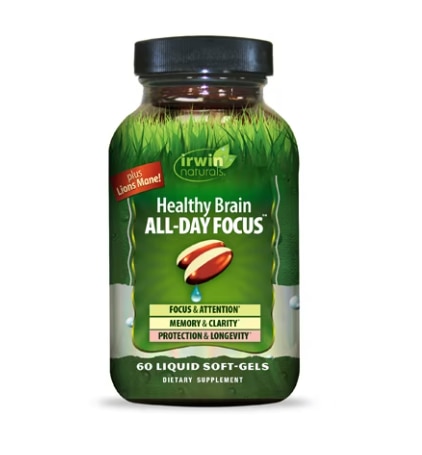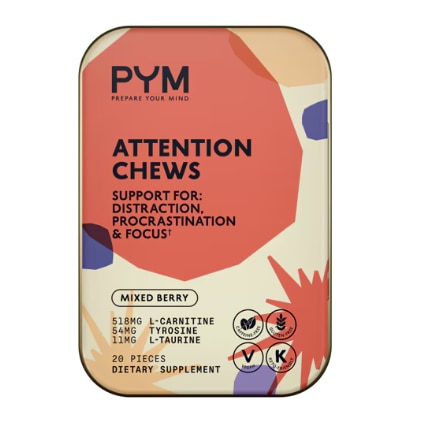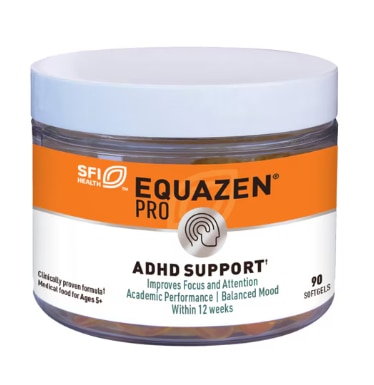When you think of ADHD, attention deficit hyperactivity disorder, the image of a hyper little boy probably comes to mind. One of the reasons you think of young boys is that ADHD was once thought to affect only boys. While it’s true that young boys outnumber girls in ADHD diagnosis by almost 2 to 1, research shows that girls may be underdiagnosed in childhood for a variety of reasons.
In addition to previous assumptions that ADHD was only for boys, it was also thought to be a disorder that only affected children. Clinicians thought that young kids outgrow ADHD, but now research shows that it can last into adulthood.
It’s in adulthood that more women are getting diagnosed. According to a recent study, diagnoses in women aged 23 to 49 have nearly doubled in the last few years. So while boys outnumber girls in diagnosis in childhood, most research says it evens out in adulthood.
Girls vs. boys and ADHD
ADHD is a common neurological disorder that can affect focus, self-control and organization. It comes in three varieties: primarily inattentive, primarily hyperactive and impulsive, and a mix of the two. One of the reasons girls have been underdiagnosed is that they are more inattentive than hyperactive, and inattentiveness doesn’t get the same attention from teachers and adults as troublesome hyperactive behavior.
As a result of the boys’ symptoms and behavior getting more attention, ADHD research has primarily focused on boys. Diagnosis criteria weighed heavily on boy-like ADHD symptoms, leaving many girls overlooked or misdiagnosed.
It’s only been in the last twenty years that researchers and clinicians started to look at how girls present differently from boys and address diagnostic criteria and treatment options.
ADHD in women
Unfortunately, with girls’ ADHD often being overlooked, many developed secondary issues such as depression and anxiety as they struggled to cope with their disorder. Furthermore, there has always been greater pressure on girls to be organized and demure. Those who are more chatty or messy because of their ADHD may also experience self-esteem problems when they fail to live up to society’s expectations.
These expectations and issues become more pronounced for adult women, who are often responsible for managing the home, organizing the family, and maintaining relationships. Women with ADHD are not well-equipped to manage a household, and their relationships and mental health can suffer.
Additionally, hormones can affect ADHD in women. Estrogen is thought to be neuroprotective, and when women experience hormonal fluctuations during their menstrual cycle or later in life during perimenopause, low levels of estrogen can exacerbate ADHD symptoms.
Fortunately, there is more awareness of how ADHD impacts women, and it’s more likely that women will seek help and a doctor’s advice. Women tend to get diagnosed in middle age when they see the same issues manifesting in their children, since there is often a genetic component of the disorder. Often, just getting a diagnosis can help with the mental burden of ADHD.
Symptoms of ADHD in women
Do you lose your keys daily? Do you struggle to keep up with laundry and dishes? Do simple tasks feel overwhelming? Are you messy? Did these issues start in childhood?
The truth is, we are all more distracted these days than ever before. Digital devices have cut our attention spans in half, and constant texts and emails could make anyone lose track of time or focus. But if these issues have been ongoing since childhood, and they impact your life, you may have ADHD.
Since women usually have the primarily inattentive type of ADHD, these are symptoms to look out for:
- Struggles with time management
- You zone out frequently
- Trouble completing projects or tasks
- Easily distracted
- Forgets appointments
- Often loses or misplace items
- Can’t organize or set priorities
While most people experience these issues on occasion, for women with ADHD, it can impact their daily functioning, create relationship problems and lead to depression and anxiety.
If you believe your life is affected by these issues, schedule an appointment with your primary care doctor for a diagnosis or referral.
Helpful advice for managing ADHD
While there is no cure for ADHD, there are various treatment options that can help women feel more in control of things and less anxious and agitated. Since everyone has a different ADHD experience, it’s essential to find treatment options that help you. Some of these options include:
Medications
Stimulant and non-stimulant ADHD medications are usually the first line of treatment to help women with ADHD become less distractible. It’s important to find the one that benefits your symptoms the most. Additionally, antidepressant and antianxiety medications can help with coexisting symptoms and sometimes ADHD as well, and hormone therapy can be beneficial to those entering menopause who are experiencing increased ADHD symptoms due to lower levels of estrogen or fluctuations.
Behavioral therapy
Therapy, with or without medication, can help women develop skills and habits that enable them to stay on task and be more productive. Additionally, since so many women experience relationship difficulties, shame, and depression as a result of their ADHD, therapy can help them improve their self-esteem, negative thought and behavior patterns and outlook on life.
Lifestyle strategies
Healthy lifestyle habits, such as regular exercise and sufficient sleep, can help minimize symptoms. Exercise, for example, can help reduce impulsivity, stress and hyperactivity and boost your mood. Additionally, getting enough sleep can help improve focus. Some with ADHD have trouble sleeping because they can’t turn their mind off. Practicing good sleep habits such as going to bed and getting up around the same time every night, keeping your room cool and dark and putting your digital device down at least an hour before bed can help.
The best approach to managing ADHD is usually a plan that incorporates a combination of treatments. Additionally, there are support groups and life coaches that can also provide support and strategies to help women lead a productive and successful life.




